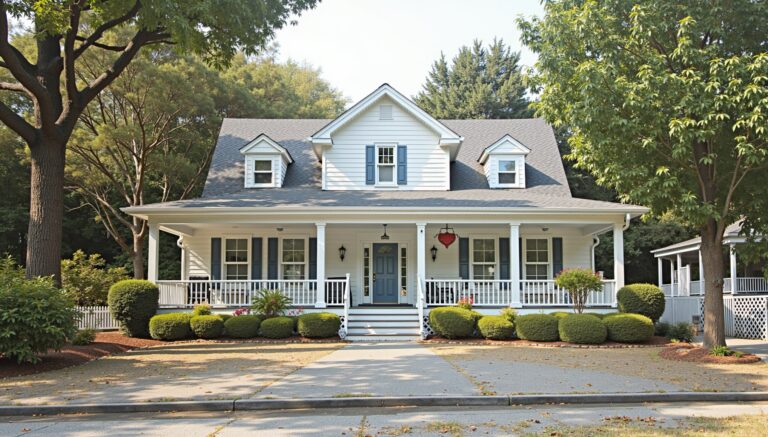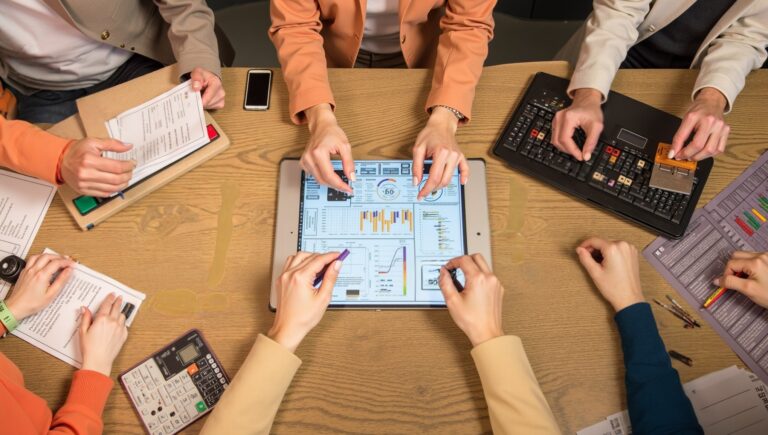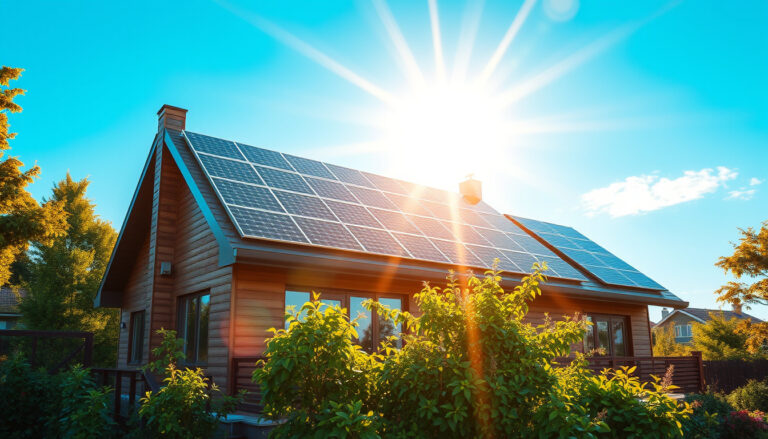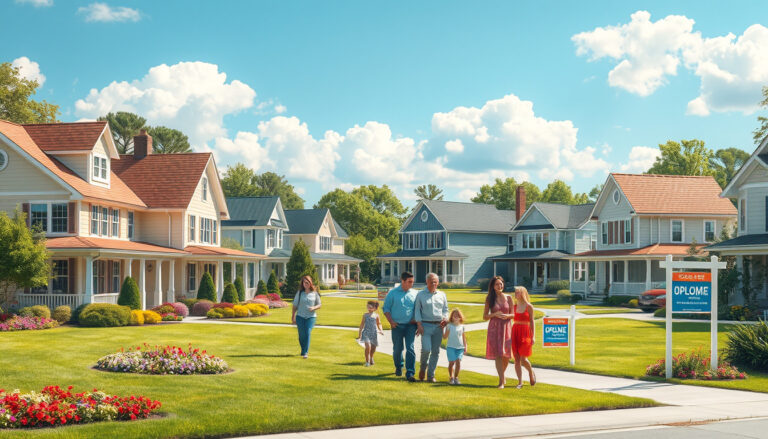As a landlord, ensuring the longevity and profitability of your rental properties hinges significantly on how well you manage rental property maintenance.
Regular upkeep not only enhances tenant satisfaction but also protects your investment from potential costly repairs in the future.
This article will explore essential tips for efficient rental property maintenance, gearing landlords with the knowledge they need for a successful rental experience.
From creating a comprehensive maintenance plan to utilizing technology for management, we’ll cover everything you need to know to keep your properties in top shape.
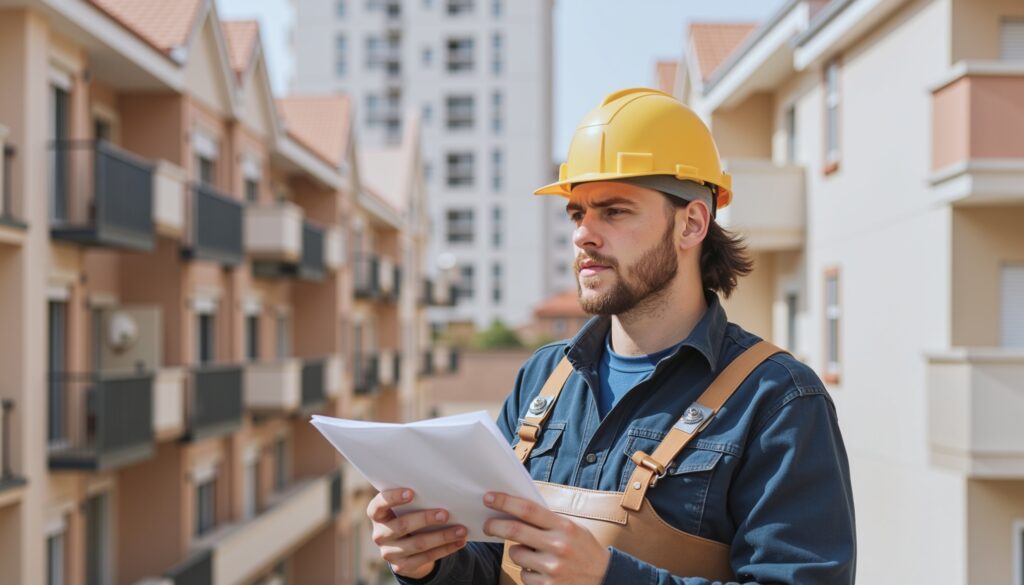
Key Takeaways
- Regular maintenance prolongs the lifespan of rental properties and enhances tenant satisfaction.
- A comprehensive maintenance plan helps landlords prioritize and effectively manage property upkeep.
- Being proactive about common maintenance issues can prevent costly repairs in the future.
- Utilizing technology can streamline property management tasks and improve communication with tenants.
- Budgeting for maintenance is crucial for landlords to ensure they are prepared for unexpected repairs.
Understanding the Importance of Regular Maintenance
Regular maintenance of rental properties is crucial for ensuring tenant satisfaction and maximizing returns on investment.
Consistent rental property maintenance helps in preserving the physical integrity of the building, preventing costly repairs down the line and allowing property owners to adhere to safety regulations.
Tenants are more likely to renew their leases in well-maintained properties, leading to lower vacancy rates.
Furthermore, keeping properties in top-notch condition reflects positively on the property owner’s reputation, attracting quality tenants who respect the space.
Additionally, regular maintenance helps in catching minor issues before they escalate, ultimately saving landlords both time and money.
In a competitive rental market, investing in regular maintenance can significantly enhance property value and lead to increased rental income.
Creating a Comprehensive Maintenance Plan
Creating a comprehensive maintenance plan for your rental property is essential for ensuring tenant satisfaction and maximizing your investment.
Effective rental property maintenance involves systematically addressing both routine and emergency tasks to keep your property in excellent condition.
Start by scheduling regular inspections to identify potential issues before they escalate; this proactive approach can save you time and money in the long run.
Additionally, establish a clear communication channel with your tenants regarding maintenance requests, ensuring they know how to report issues promptly.
Document all maintenance activities and keep a budget to track expenses, which will help streamline future planning.
By prioritizing rental property maintenance, you not only enhance the living experience for your tenants but also protect the value of your investment.
‘An ounce of prevention is worth a pound of cure.’ – Benjamin Franklin
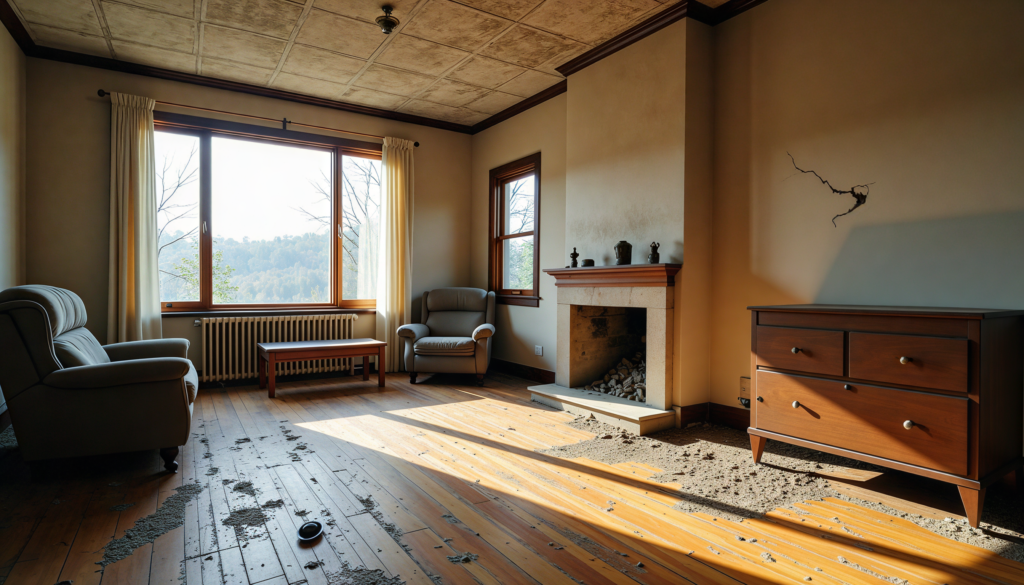
Common Maintenance Issues and How to Handle Them
When it comes to managing a rental property, understanding common maintenance issues is crucial for both tenant satisfaction and property value.
From plumbing leaks to electrical problems, these issues can arise unexpectedly, leading to potential headaches for landlords.
The key to effective rental property maintenance is being proactive rather than reactive.
Regular inspections can help identify issues before they escalate.
For instance, checking for signs of water damage or wear and tear on appliances can save you money in the long run.
Furthermore, establishing a solid communication channel with tenants allows them to report issues promptly, ensuring that minor repairs don’t turn into major problems.
Consider keeping a list of local contractors and maintenance professionals on hand for quick responses, as timely repairs can significantly enhance tenant retention and reduce vacancy rates.
Lastly, educating yourself on common upkeep tasks will empower you to address smaller issues effectively and determine when it’s time to call in a professional, ensuring your rental property remains an attractive option for future tenants.
Utilizing Technology for Efficient Property Management
In today’s digital age, utilizing technology for efficient rental property maintenance has become a game-changer for landlords and property managers.
From automated monitoring systems that alert you to potential issues like plumbing leaks or HVAC failures, to user-friendly mobile apps that streamline communication with tenants, technology simplifies the often arduous task of maintaining rental properties.
For instance, maintenance requests can be submitted and tracked online, ensuring that issues are addressed promptly, thus enhancing tenant satisfaction and reducing turnover rates.
Additionally, predictive analytics can help property managers stay on top of routine maintenance, preventing small problems from escalating into costly repairs.
By integrating these advanced tools into their daily operations, landlords can not only improve their property management efficiency but also maximize the long-term value of their rental investments.

Building Strong Relationships with Tenants
Building strong relationships with tenants is essential for successful rental property management, particularly when it comes to rental property maintenance.
A positive relationship fosters trust and open communication, encouraging tenants to report maintenance issues promptly.
This proactive approach not only ensures that your property remains in good condition but also enhances tenant satisfaction.
Regular check-ins and timely responses to maintenance requests demonstrate that you care about their living experience.
Providing clear guidelines about reporting issues and setting reasonable expectations can also prevent misunderstandings.
By prioritizing rental property maintenance and nurturing tenant relationships, landlords can ultimately ensure the longevity of their investment and reduce turnover rates.
This symbiotic relationship contributes to a thriving rental business that both landlords and tenants can appreciate.
Budgeting for Maintenance: Tips for Landlords
When it comes to owning rental properties, effective budgeting for maintenance should be a top priority for every landlord.
Proper rental property maintenance not only preserves the value of your investment but also enhances tenant satisfaction and retention.
Start by setting aside 1% to 3% of the property value annually for maintenance costs; this can help you prepare for routine repairs and unexpected emergencies.
Additionally, establish a reserve fund to cover larger projects, such as roof replacements or HVAC system upgrades, which, while infrequent, can be costly.
Regular inspections are crucial; they allow you to identify potential issues before they escalate, saving you time and money in the long run.
Stay organized with a maintenance schedule that maps out routine tasks such as gutter cleaning, landscaping, and appliance servicing, ensuring all aspects of your rental property are kept in top shape.
By prioritizing effective budgeting for rental property maintenance, you can create a more sustainable and profitable investment.
Frequently Asked Questions
Why is regular rental property maintenance important?
Regular rental property maintenance is crucial as it helps preserve the property’s value, ensures tenant satisfaction, prevents costly repairs in the future, and maintains compliance with safety regulations.
What should be included in a comprehensive maintenance plan?
A comprehensive maintenance plan should include a schedule for routine inspections, regular upkeep tasks, emergency contact procedures, record-keeping for maintenance history, and budget allocations for different types of maintenance work.
What are some common maintenance issues landlords face?
Common maintenance issues include plumbing problems, electrical issues, HVAC system maintenance, pest control, and general wear and tear on appliances and fixtures.
How can technology help in property management?
Technology can streamline property management by offering tools for tracking maintenance requests, scheduling inspections, managing budgets, communicating with tenants, and even automating reminders for regular maintenance tasks.
What budgeting tips can landlords follow for maintenance?
Landlords should allocate a specific percentage of rental income for maintenance, create a reserve fund for unexpected repairs, prioritize essential repairs, and regularly assess and adjust their maintenance budget based on property needs.

